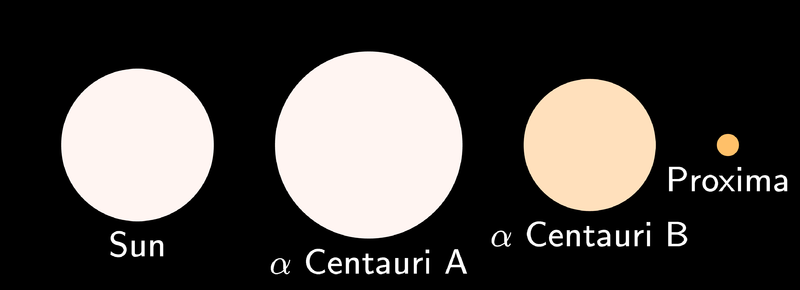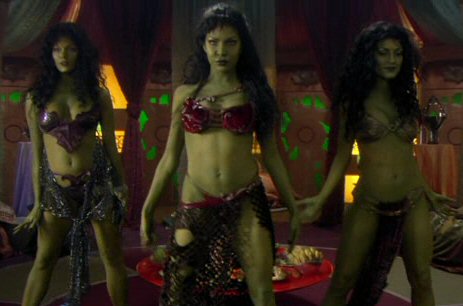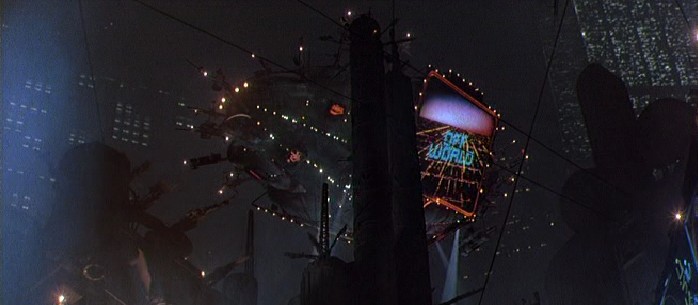

Posted on 03/07/2008 2:28:00 PM PST by jmcenanly
Earth may have a twin orbiting one of our nearest stellar neighbors, a new study suggests.
University of California, Santa Cruz graduate student Javiera Guedes used computer simulations of planet formation to show that terrestrial planets are likely to have formed around one of the stars in the Alpha Centauri star system, our closest stellar neighbors.
Guedes' model showed planets forming around the star Alpha Centauri B (its sister star, Proxima Centauri, is actually our nearest neighbor) in what is called the "habitable zone," or the region around a star where liquid water can exist on a planet's surface.
The model also showed that if such planets do in fact exist, we should be able to see them with a dedicated telescope.
"If they exist, we can observe them," Guedes said.
Guedes' study has been accepted for publication in the Astrophysical Journal.
A likely candidate
Astronomers have for some time pinned the Alpha Centauri system as one that was likely to form planets, said study co-author Gregory Laughlin, a UCSC professor.
"I think that there's been a good line of evidence over the past decade or so," Laughlin told SPACE.com.
Several factors mark the system, particularly Alpha Centauri B as friendly to planet formation, Laughlin said. The metallicity of Alpha Centauri B (or how much of its matter is made up of elements heavier than hydrogen and helium) is higher than our Sun's, so there would be plenty of heavier-mass material for planets to form from, he said.
Laughlin also noted that a number of factors make Alpha Centauri B a good candidate for astronomers to actually detect an Earth-sized terrestrial planet.
(Excerpt) Read more at space.com ...



NASA’s new earthlike planet finder telescope will be looking once it is in space. Comparison data has been acquired from space by looking back at earth to see what earth looks like spectrographically. If they get a match so close, only 4 light years, try to not get caught in the stampede.
I heard they have problems with an egomaniac named eroGla! I hope they survive!
If an Earth-sized, water and habitable atmosphere containing planet is discovered in the Alpha Centauri system, that would be HUGE impetus to send probes immediately. NASA should be pulled from the basic science experiments, and pushed toward trying to make a workable magnetic field solar sail vehicle for the probes, and eventually for manned missions and colonization. Even a Project Orion with a launch site on the Moon might be considered.
The Alpha Centauri world might be the first non-Earth planet Mankind steps on, beating out Mars, if the planet is confirmed habitable.
Exoplanet ping.
Repeal the 1967 UN Outer Space Treaty, open the Land Office, and let NASA do its moon base and earth resource satellites programs while private industry does what needs to be done in space development.

Send The Goracle and he can save them from global warming too.
Amen!.....This country, this world needs a new frontier.
But no one listen to poor Zathras.
:-)

Babylon 5, huh? Did you notice the name of the writer of this article?
 |
||
| · join · view topics · view or post blog · bookmark · post new topic · | ||
Garibaldi’s ex wife?
Yep, that’s her name. (Not sure if she’s the actual writer, though).
Be there in 100 years? Not if it’s government work.
Kolob?
It can only have an oxygen atmosphere if it's developed life. Without plant and animal life in balance, we'd have a methane atmosphere.
But even further back along that food-chain, if we didn't have the moon, we wouldn't have waves to keep the oceans churned up, nor would we have tide-pools to concentrate the ingredients of life, all of which our current understanding of the way life formed on Earth, require.
It may be the same SIZE as the Earth, but it may share NONE of the other attributes that have developed over the past 3.5 billion years.
The development of life on Earth was a looooooong shot. And without life, it's likely to be a bare rock, if it exists at all.
Let's not forget that Mars is only marginally smaller than the Earth and it didn't have enough gravity to hold in it's atmosphere, and hence lost its oceans and possibly it's life as well.
There are a billion reasons a planet can fall apart from what we consider Earth-like.
Disclaimer: Opinions posted on Free Republic are those of the individual posters and do not necessarily represent the opinion of Free Republic or its management. All materials posted herein are protected by copyright law and the exemption for fair use of copyrighted works.